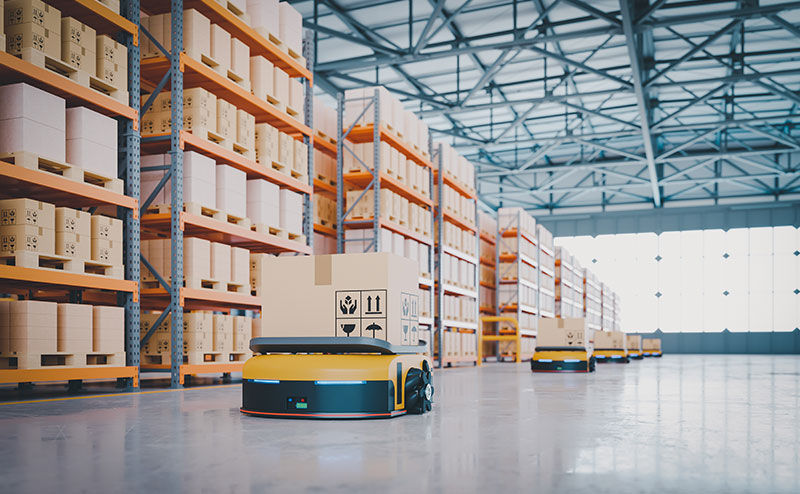The total cost of ownership
Total Cost of Ownership (TCO) is not a new idea or theory; it has been around for some time now, but how many of us practise it, or the awareness of it in our everyday and working lives?
Many people think the cost of something (an item for an automation project, a new dining table or even a £10 saving on a weekly shop) starts and ends with the final cost shown on a receipt or purchase order.
Does that really capture the whole picture?
At Foxmere, we encourage the team to look a little deeper.
For example, does driving for 20 minutes to save 1p per litre of fuel really offer a cost saving for you with your regular, every-day car?

Before you answer, consider the cost of the fuel used driving to and from the petrol station and the value of your time and the time lost during the drive.
OK, so the fuel cost savings might balance out with the fuel spent on the trip but think about what else you could be doing with that 40 minutes.
Now that 1p per litre doesn't seem so appealing, does it?

Similarly, does saving £20 on a part, but taking an hour to achieve it, really add up to a "good deal"?
What does that hour of time spent represent in salary cost, but more importantly, in lost opportunities elsewhere?
In the time spent trying to save £20, we could have issued another four quotes and created a great deal more value for the same time spent.
Another real world example would include how we choose our suppliers. If we find a new supplier there are a number of other factors we consider as part of any transaction:
- Set-up processes with the new supplier, time taken, resources tied up
- Foreign currency exchange rates and bank fees in sending to them
- Shipping costs that could otherwise be absorbed along with other shipments from existing suppliers
- Project pricing achieved when buying in bulk from a handful of suppliers instead of spreading purchases thinly among many
Balancing these sums is the idea behind TCO, in this context at least.
We are aware that our team only has so much time to service everyone properly and to the standards we pride ourselves on. To this end, if a supplier repeatedly lets us down or has poor communication, we carefully consider their TCO in terms of our business.
We ask ourselves, "Can we afford to keep using them without slipping? Can we afford the morale and reputation slips they are forcing us to pass down the chain to our partners?"
We operate these ideologies alongside several other key concepts that are at the heart of the Foxmere culture and way of doing business.

We have even been known to break that golden rule of sales: never sell anything for a loss.
It sounds a bit crazy, but we have sold items at a loss because we keep thinking about TCO alongside concepts like Customer Lifetime Value (CLV).
That is to say, we don't view our customers as one time hits, or a short term thing. We prefer to bring customers on for the long term, to become partner companies and friends.
We aim to become the first choice for everything within our scope of supply, almost without a second thought. It is music to our ears everytime we hear "you guys are my first port of call" or "I told my colleague you are great for XYZ".

We believe you cannot get to this level of trust if your main focus is on saving every single possible penny (on the face of it) along the way. The two concepts are just not compatible for us at Foxmere.
TCO frees us and our time to focus on creating far more value than just £10 here and there.
By viewing business and the relationships we have more holistically, we are able to untangle ourselves from the "savings" in granular ticket price obsession and analysis and focus on what really matters.


